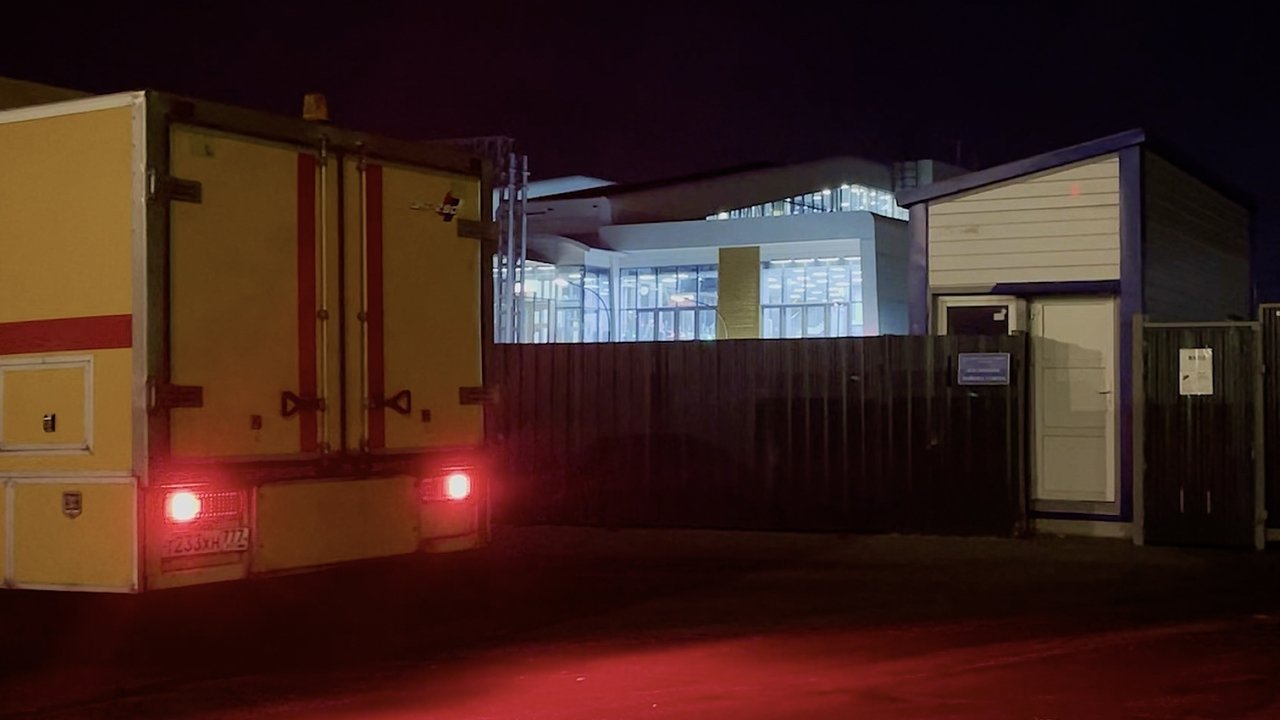
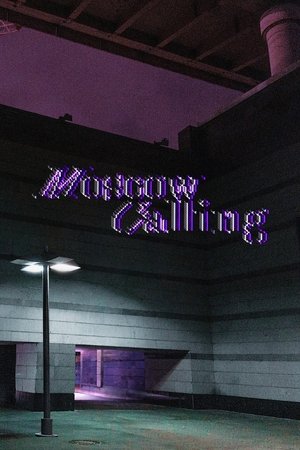
Moscow Calling(2022)
One day Moscow may not answer the phone
The animated corpse of Moscow goes on after its inhabitants left. Filled with weeps and whispers of the mourning ghosts, torn apart with phone calls from distant countries and unfamiliar sounds, emotionally devastated and deserted, the city attempts to reconcile with its own voice.
Movie: Moscow Calling
Top 8 Billed Cast
Masha
Osman
Hain
Grisha
Shia
Stas
Dima
Yuka
Similar Movies
 6.9
6.9Olympia: Part One – Festival of the Nations(de)
Commissioned to make a propaganda film about the 1936 Olympic Games in Germany, director Leni Riefenstahl created a celebration of the human form. This first half of her two-part film opens with a renowned introduction that compares modern Olympians to classical Greek heroes, then goes on to provide thrilling in-the-moment coverage of some of the games' most celebrated moments, including African-American athlete Jesse Owens winning a then-unprecedented four gold medals.
 6.7
6.7Olympia: Part Two – Festival of Beauty(de)
Commissioned to make a propaganda film about the 1936 Olympic Games in Germany, director Leni Riefenstahl created a celebration of the human form. Where the two-part epic's first half, Festival of the Nations, focused on the international aspects of the 1936 Olympic Games held in Berlin, part two, The Festival of Beauty, concentrates on individual athletes such as equestrians, gymnasts, and swimmers, climaxing with American Glenn Morris' performance in the decathalon and the games' majestic closing ceremonies.
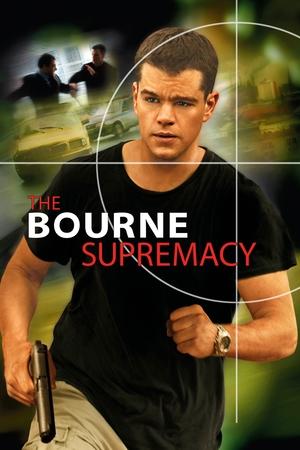 7.3
7.3The Bourne Supremacy(en)
A CIA operation to purchase classified Russian documents is blown by a rival agent, who then shows up in the sleepy seaside village where Bourne and Marie have been living. The pair run for their lives and Bourne, who promised retaliation should anyone from his former life attempt contact, is forced to once again take up his life as a trained assassin to survive.
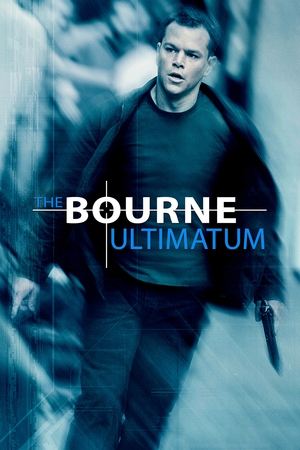 7.4
7.4The Bourne Ultimatum(en)
Bourne is brought out of hiding once again by reporter Simon Ross who is trying to unveil Operation Blackbriar, an upgrade to Project Treadstone, in a series of newspaper columns. Information from the reporter stirs a new set of memories, and Bourne must finally uncover his dark past while dodging The Company's best efforts to eradicate him.
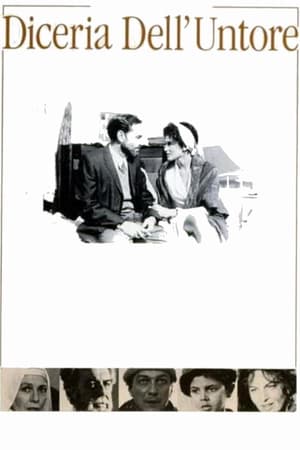 0.0
0.0Breath of Life(it)
Set in Italy in 1946 just after World War 2, the film explores the lives and emotions of a group of patients who are terminally ill and confined to an isolated sanatorium.
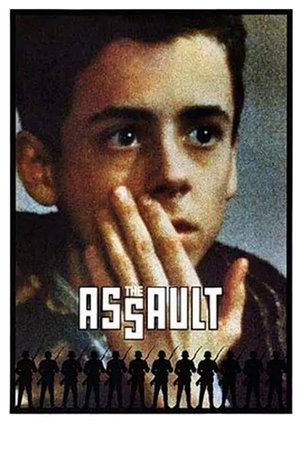 6.7
6.7The Assault(nl)
At the end of WWII the Dutch resistance kills a German officer in front of the house of a Dutch family. Years after the war the young boy who witnessed the killing runs into the members of the resistance who committed the killing.
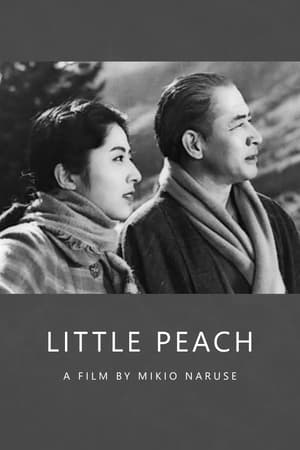 5.8
5.8Little Peach(ja)
Anzukko (Little Peach) is the daughter of a successful writer. She turns down each one of her suitors, until she marries a beginning writer named Ryokichi. Their life quickly sinks into despair.
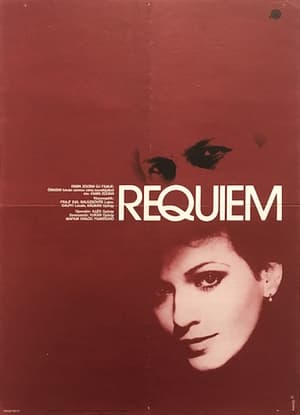 4.8
4.8Requiem(hu)
When a young boy comes in to see a doctor abourt a red mark on his face, the doctor's wife welcomes him into the consulting room instead. As they talk, she offers him something to eat and then notes that his manner of eating is just like that of her previous husband, who died in prison many years earlier. It turns out that the young man had been his cell mate for a year, and he tells her the story of how her husband died. She then remembers (in flashbacks) how she had helped her first husband rid himself of his sexual repression, and how she had promised him she would marry her current husband if she were widowed. It seems her doctor-husband was a man who could remain untouched through any political climate, and was much admired by her first husband. Now that her memories have been awakened by the young man's account, she ignores the repeated phone calls of her current husband and decides to rid this young man of his own sexual repressions.
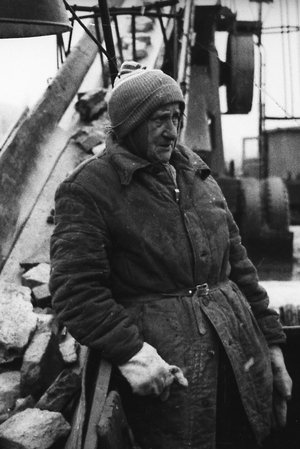 0.0
0.0Martha(de)
Martha Bieder is the last rubble-woman in Berlin Rummelsburg. Every day, rain or shine, she stands at the conveyor belt - as she has for decades - sorting through rubble. After a retirement party thrown for her by her male colleagues, she tells her story of being a rubble-woman in post-war Germany.
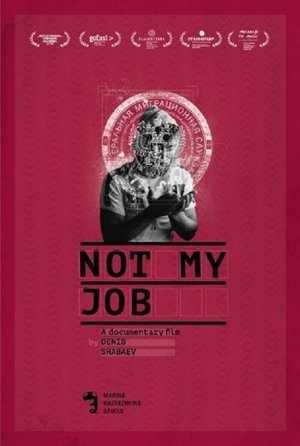 6.0
6.0Not My Job(ru)
The documentary follows the life of Farroukh, a young Tajik immigrant who lives in Moscow outskirts with his family and does odd jobs in dreams of becoming an actor.
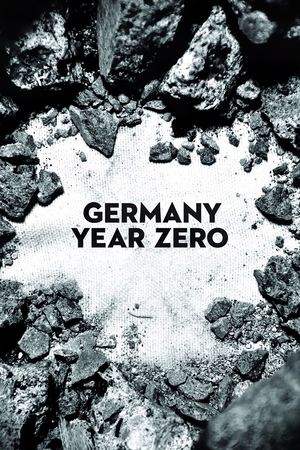 7.7
7.7Germany, Year Zero(it)
In the ruins of post-WWII Berlin, a twelve-year-old boy is left to his own devices in order to help provide for his family.
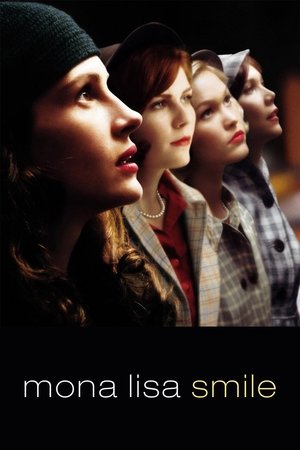 6.9
6.9Mona Lisa Smile(en)
Katherine Watson is a recent UCLA graduate hired to teach art history at the prestigious all-female Wellesley College, in 1953. Determined to confront the outdated mores of society and the institution that embraces them, Katherine inspires her traditional students, including Betty and Joan, to challenge the lives they are expected to lead.
 8.1
8.1Violet Evergarden: Eternity and the Auto Memory Doll(ja)
Isabella, the daughter of the noble York family, is enrolled in an all-girls academy to be groomed into a dame worthy of nobility. However, she has given up on her future, seeing the prestigious school as nothing more than a prison from the outside world. Her family notices her struggling in her lessons and decides to hire Violet Evergarden to personally tutor her under the guise of a handmaiden. At first, Isabella treats Violet coldly. Violet seems to be able to do everything perfectly, leading Isabella to assume that she was born with a silver spoon. After some time, Isabella begins to realize that Violet has had her own struggles and starts to open up to her. Isabella soon reveals that she has lost contact with her beloved younger sister, whom she yearns to see again. Having experienced the power of words through her past clientele, Violet asks if Isabella wishes to write a letter to Taylor. Will Violet be able to help Isabella convey her feelings to her long-lost sister?
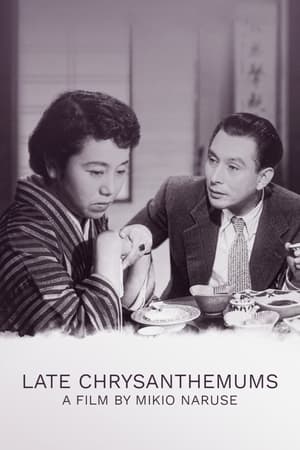 7.3
7.3Late Chrysanthemums(ja)
With delicate, unobtrusive strokes, Naruse evokes both the humor and bitterness of his characters’ dilemmas, in this bleak, compelling poignant portrait of a quartet of aging geishas contemplating their troubles with men and money.
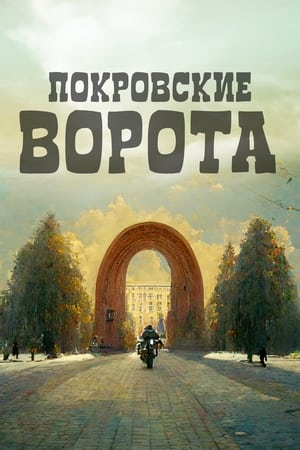 7.2
7.2The Pokrovsky Gates(ru)
Stories from the lives of the tenants of the Moscow's communal apartment: Kostik, who is a college student, lives with his aunt while studying; Arkady Velyurov who is a performing artist; Khobotovs, who are a divorced couple; and Sava, who is Margarita Khobotov's new fiancé. All these people live in one apartment and their lives constantly touch each other's.
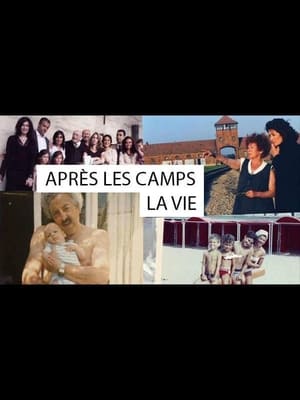 0.0
0.0After the camps, being alive...(fr)
For the first time, survivors talk about life after the camps. How does one return to a life that was interrupted with such violence? How does one reconstruct oneself when all or most of one’s family were butchered? How does one resume studies and earn a living in a society that had cast you out a few years earlier?
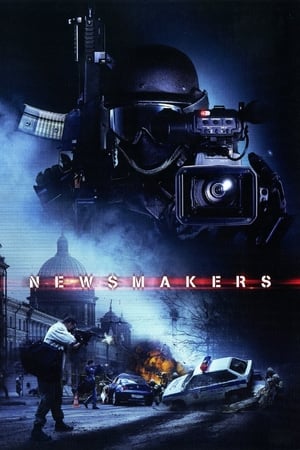 5.0
5.0Newsmakers(ru)
A gang of crooks robbing cash collectors, run into a police surveillance team and the inadequate police response results in a gunfight. A TV crew on assignment in the area happens to capture this humiliation on camera, and this example of police incompetence is soon the lead story in every news bulletin. Public confidence in law and order now suffers irreparable harm. The head of the Moscow force welcomes a public search-and-destroy operation against these thugs, the brainchild of Katya, his PR director. She proposes that the capture of this dangerous gang be transformed into a live TV show of a kind never seen before. At this point she cannot know that the gang leader's life-and-death struggle with the police is destined to lead to a media duel. Besieged in a huge apartment block, the crooks hold hostage a father and his son and daughter. A massive special forces rescue operation is mounted but fails miserably.
 7.8
7.8Man with a Movie Camera(ru)
A cameraman wanders around with a camera slung over his shoulder, documenting urban life with dazzling inventiveness.
